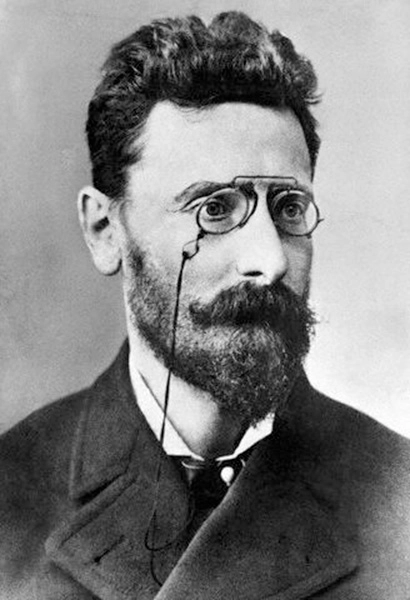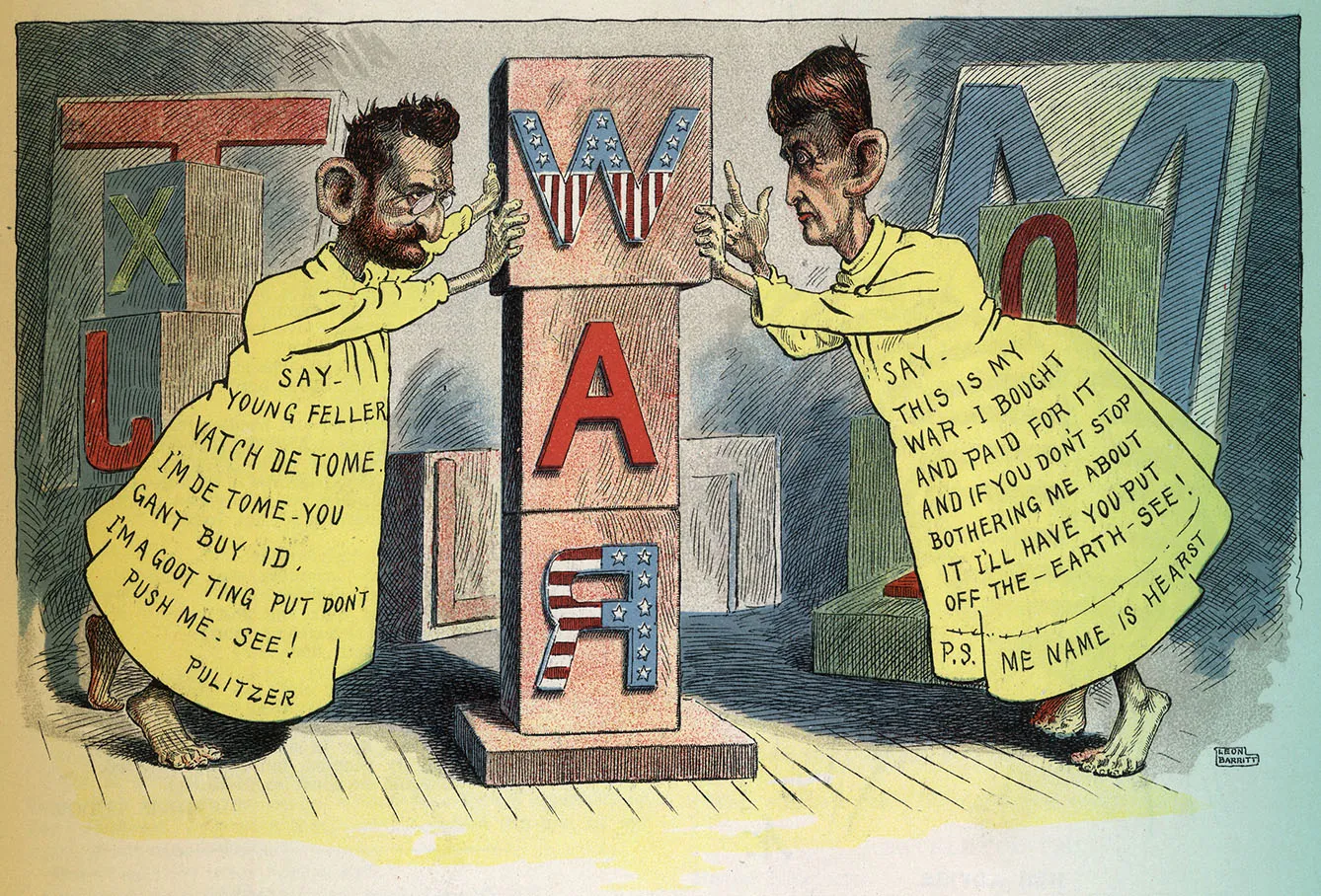The Noble Prize in Literature is granted mostly for fiction – novels, drama, and poetry. So what to do with non-fiction writing, since it certainly also deserved an internationally-recognized accolade? The answer to this came in the form of Pulitzer Prizes, granted annually by Columbia University thanks to Hungarian-American politician and publisher Joseph Pulitzer‘s endowment to the university. (Though in his birthplace, he would be called Pulitzer József, as Hungarians put their last name before the first one (and Hungarians are famous for having quirks in their language culture).
Born in 1847 in Makó, some 200 kilometers from Budapest (then still separate towns, Buda and Pest), he moved with his parents to Pest itself. Raised in a wealthy family, he received an excellent private education. However, the family was impoverished due to his father’s death, and Joseph was forced to look for an occupation.
Joseph Pulitzer – from army to journalism

He tried his hand as a soldier – rejected from his native Austrian Army, he then tried to join the French Foreign Legion and the British Army. Eventually, he succeeded in enlisting as a Union soldier in the American Civil War. This opens his American episode.
His life took a turn in 1865. At the age of 18, still with little English (as his regiment was composed of Germans), he moved to St. Louis, Missouri, which had a large German community. He found work doing odd jobs, mule holstering, for instance, which he found too troublesome. And this was only after he opted out of whaling as it was boring). Luckily fate stepped in after he was fired from a job waiting tables after accidentally pouring a glass of beer on a restaurant patron.
It so happened that this restaurant was frequented by members of the St. Louis Philosophical Society, which likely pushed his English to the next level and encouraged him to continue studying the humanities. His next professional occupation was already an office job; from that, he went into politics, first as a Republican and then switching parties to become a Democrat. He was a political activist from the age of 22 to 30.
After retiring from politics, the 30-year-old turned rags to riches, buying his own newspaper, the St. Louis Dispatch. The paper turned Post-Dispatch. He became a populist publisher, improved the newspaper’s circulation, and engaged in political disputes, winning some battles. Later he moved to New York and managed to take control of its newspaper New York World, later turning it into the major (or only) Democratic newspaper in the city.
Being again a notable figure in politics, he finally managed to get to the US House of Representatives and, advancing his social stance once again, took to rivalry with famous media mogul William Randolph Hearst (known as Citizen Kane from the famous Orson Welles movie). Hearst, in fact, was an admirer of Pulitzer’s work in the World and took his methods but not his political stance. The men fought over important topics, including (as depicted in the Citizen Kane movie) the American-Spanish War.
By that time, Joseph Pulitzer was obviously a media mogul. Before his death in 1908, he tried to found the World’s first school of journalism at Columbia University, a plan that came to be only after his death. The first Pulitzer Prize was awarded in 1917 for non-fiction writing, though the prizes soon expanded to the field of fiction, art, and music. To this day, a vast palette of colorful personalities as well as scrupulous journalists enjoys recognition by the foundation of this Hungarian immigrant-turned-media mogul.







